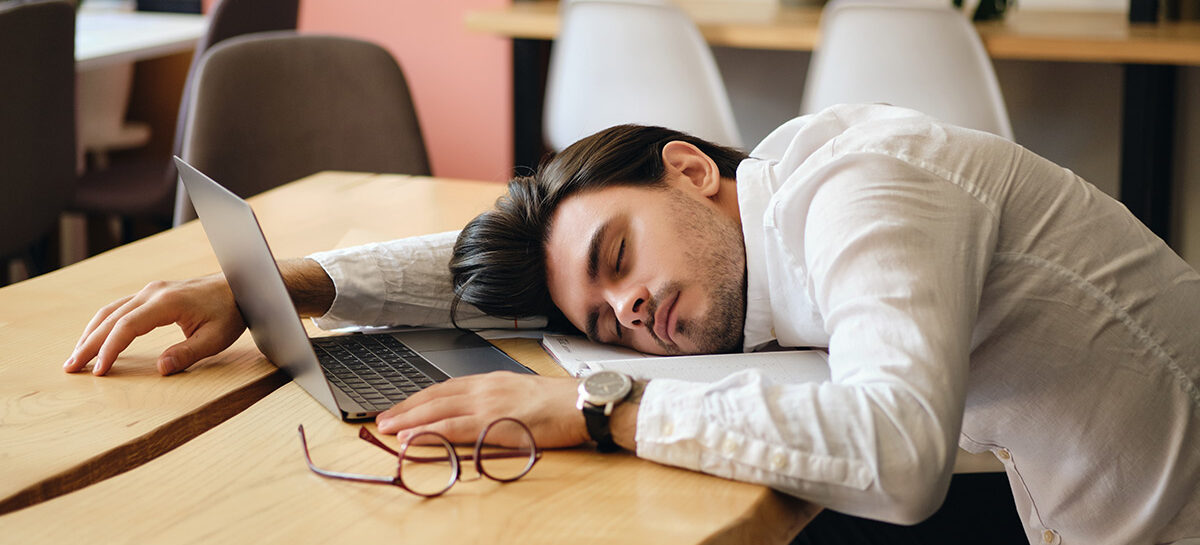Introduction to Sleep Quality and Daytime Fatigue
Quality sleep is essential for physical and mental rejuvenation. It allows our bodies to repair and regenerate, enhances cognitive function, and supports emotional well-being. However, factors such as stress, poor sleep habits, and lifestyle choices can negatively impact sleep quality, leading to daytime fatigue and other health issues. modafinil is prescribed medicine by a doctor to treat sleepiness due to narcolepsy disorder
Importance of Good Sleep Hygiene
Good sleep hygiene involves adopting habits and practices that promote restful sleep. This includes maintaining a consistent sleep schedule, creating a comfortable sleep environment, and practicing relaxation techniques before bed. By prioritizing good sleep hygiene, individuals can improve the duration and quality of their sleep.
Creating a Conducive Sleep Environment
Managing Light Exposure: Exposure to bright light, especially blue light emitted by screens, can disrupt the body's natural sleep-wake cycle. Limiting screen time before bed and using blackout curtains can help promote better sleep.
Regulating Room Temperature: Keeping the bedroom cool and comfortable can improve sleep quality. The ideal room temperature for sleep is typically between 60 and 67 degrees Fahrenheit.
Investing in a Comfortable Mattress and Pillows: A supportive mattress and pillows that suit your sleeping preferences can make a significant difference in sleep comfort and quality.
Establishing a Consistent Sleep Schedule
Maintaining a consistent sleep schedule, even on weekends, helps regulate the body's internal clock and promotes better sleep quality. Going to bed and waking up at the same time each day trains the body to fall asleep more easily and wake up feeling refreshed.
Limiting Screen Time Before Bed
The blue light emitted by electronic devices can interfere with the production of melatonin, the hormone responsible for regulating sleep-wake cycles. To promote better sleep, it's advisable to avoid screens such as smartphones, tablets, and computers at least an hour before bedtime.
Relaxation Techniques for Better Sleep
Deep Breathing Exercises: Deep breathing techniques, such as diaphragmatic breathing or the 4-7-8 method, can help calm the mind and body, making it easier to fall asleep.
Progressive Muscle Relaxation: Progressive muscle relaxation involves tensing and relaxing different muscle groups to release tension and promote relaxation.
Mindfulness Meditation: Practicing mindfulness meditation before bed can help quiet the mind and promote relaxation, making it easier to fall asleep and stay asleep throughout the night.
Dietary and Lifestyle Factors Affecting Sleep Quality
The Role of Caffeine and Alcohol: Caffeine and alcohol can disrupt sleep patterns and decrease sleep quality. It's best to limit consumption of caffeinated beverages and avoid alcohol close to bedtime.
Importance of Regular Exercise: Regular physical activity can improve sleep quality by reducing stress and anxiety, promoting relaxation, and regulating sleep-wake cycles. Aim for at least 30 minutes of moderate exercise most days of the week.
Strategies for Managing Stress and Anxiety
Journaling: Writing down thoughts and feelings before bed can help alleviate stress and promote relaxation, making it easier to fall asleep.
Yoga and Tai Chi: Gentle stretching exercises such as yoga and tai chi can help calm the mind and relax the body, promoting better sleep quality.
Seeking Professional Help if Needed: If stress or anxiety is significantly impacting sleep quality, consider seeking support from a mental health professional who can provide guidance and strategies for managing these issues.
Sleep Supplements and Their Effectiveness
Melatonin: Melatonin is a hormone that regulates sleep-wake cycles. Taking melatonin supplements may help improve sleep quality, especially for individuals with insomnia or jet lag.
Valerian Root: Valerian root is an herbal supplement that has been used for centuries to promote relaxation and improve sleep quality. Some research suggests that it may help reduce the time it takes to fall asleep and improve sleep quality.
Magnesium: Magnesium is a mineral that plays a key role in relaxation and sleep. Supplementing with magnesium may help improve sleep quality, especially for individuals with magnesium deficiency.
The Significance of Winding Down Before Bed
Engaging in calming activities before bed signals to the body that it's time to wind down and prepare for sleep. This can include reading a book, taking a warm bath, or practicing gentle stretching exercises.
In conclusion, improving sleep quality requires a multifaceted approach that addresses both environmental and behavioral factors. By implementing effective strategies such as maintaining good sleep hygiene, practicing relaxation techniques, and managing stress, individuals can experience better sleep quality and reduced daytime fatigue.
FAQs
How long does it take to see improvements in sleep quality with these strategies?
- It varies from person to person, but many individuals notice improvements in sleep quality within a few weeks of implementing these strategies consistently.
Are sleep supplements safe to use?
- Sleep supplements can be safe when used as directed, but it's always best to consult with a healthcare professional before starting any new supplement regimen, especially if you have underlying health conditions or are taking medication.
Can poor sleep quality be a sign of an underlying health condition?
- Yes, poor sleep quality can sometimes be a symptom of underlying health issues such as sleep apnea, restless leg syndrome, or anxiety disorders. If you're experiencing persistent sleep problems, it's important to consult with a healthcare professional for proper evaluation and treatment.
What can I do if I still have trouble sleeping despite trying these strategies?
- If you're still struggling with sleep despite trying these strategies, consider seeking help from a healthcare professional or sleep specialist who can provide personalized recommendations and treatment options based on your specific needs.
Are there any natural remedies for improving sleep quality?
- In addition to the strategies mentioned in this article, some people find relief from sleep difficulties by using aromatherapy, herbal teas, or relaxation techniques

Comments
Post a Comment